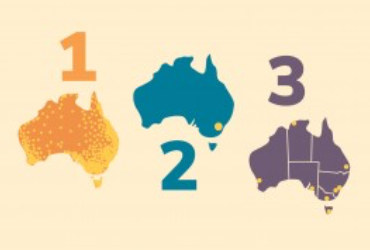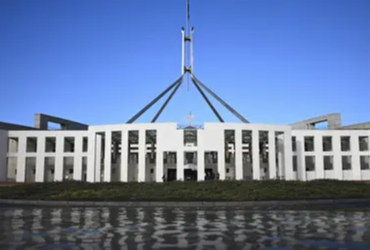
Articles
- Home
- Articles

The Essential Functions of Government Community Programs in Australia: Supporting Social, Economic, Health, and Environmental Wellbeing
The Australian government is committed to providing a range of community programs that support individuals and communities across the country. These programs are designed to address a range of social, economic, and health issues, and are delivered by various levels of government, including federal, state and territory, and local governments. In this article, we will explore the functions of government community programs across Australia.
Social Programs
Social programs are designed to support individuals and families in need, and to address social issues such as homelessness, domestic violence, and mental health. The federal government provides funding for a range of social programs, including the National Disability Insurance Scheme (NDIS), which provides support and services to people with disabilities, and the National Redress Scheme, which provides support and compensation to survivors of institutional child sexual abuse.
State and territory governments also provide a range of social programs, including housing and homelessness support, mental health services, and support for victims of domestic and family violence. Local governments also play a role in delivering social programs, particularly in the area of community services, such as aged care and disability support.
Economic Programs
Economic programs are designed to support economic growth and development, and to address issues such as unemployment and poverty. The federal government provides funding for a range of economic programs, including the JobKeeper and JobSeeker programs, which provide support to businesses and individuals who have been affected by the COVID-19 pandemic.
State and territory governments also provide a range of economic programs, such as industry development and infrastructure investment. Local governments also play a role in supporting local economic development, through initiatives such as business support programs and tourism promotion.
Health Programs
Health programs are designed to support the health and wellbeing of individuals and communities. The federal government provides funding for a range of health programs, including Medicare, which provides access to medical services, and the Pharmaceutical Benefits Scheme (PBS), which provides subsidised access to prescription medicines.
State and territory governments also provide a range of health programs, including hospital and community health services, mental health services, and public health programs such as vaccination and disease control. Local governments also play a role in supporting community health, through initiatives such as healthy lifestyle programs and community health clinics.
Environmental Programs
Environmental programs are designed to protect and preserve the natural environment, and to address issues such as climate change and environmental degradation. The federal government provides funding for a range of environmental programs, including the National Landcare Program, which supports community-based landcare initiatives, and the Emissions Reduction Fund, which provides funding for projects that reduce greenhouse gas emissions.
State and territory governments also provide a range of environmental programs, such as conservation and land management programs, and initiatives to reduce waste and promote recycling. Local governments also play a role in protecting the environment, through initiatives such as sustainable development planning and waste management programs.
In conclusion, government community programs across Australia play a critical role in supporting individuals and communities, and addressing a range of social, economic, health, and environmental issues. These programs are delivered by various levels of government and are designed to provide support and assistance where it is needed most. While there are challenges and opportunities in delivering community programs, particularly in the face of changing social and economic circumstances, the commitment of government to providing support and assistance to those in need remains strong.




